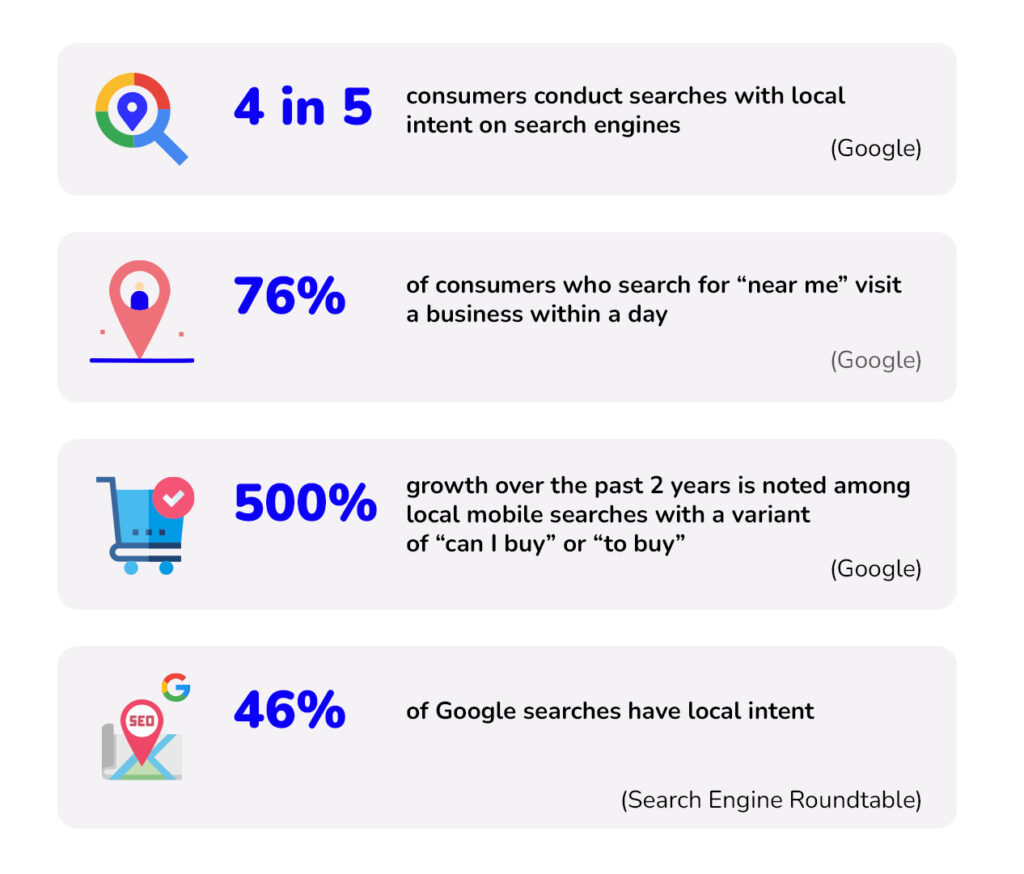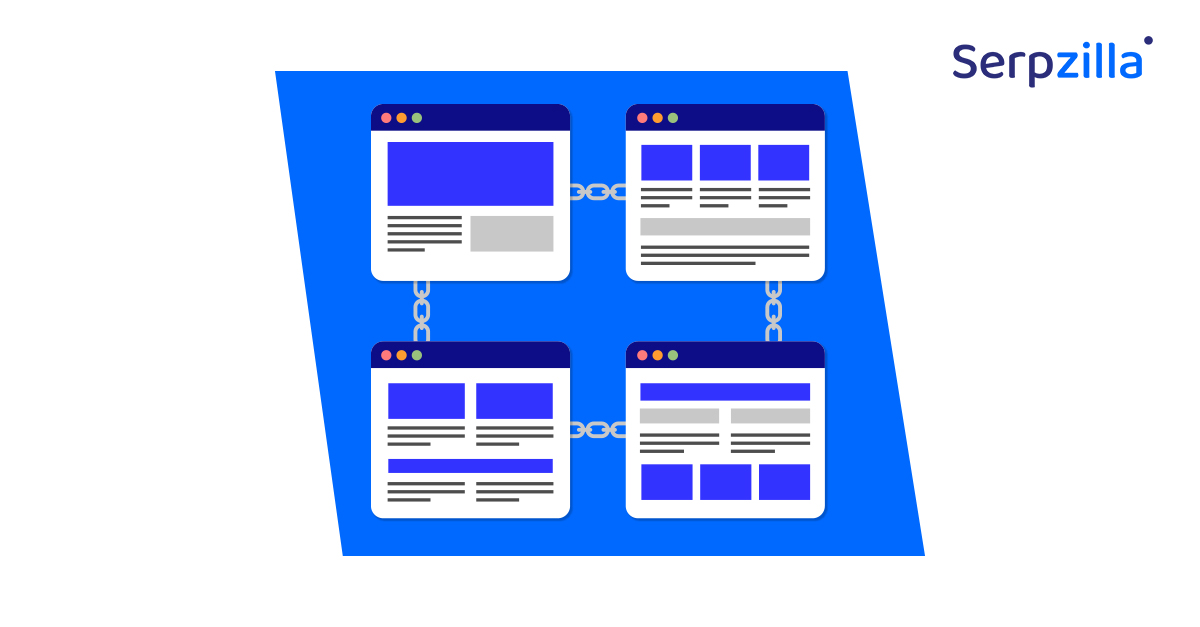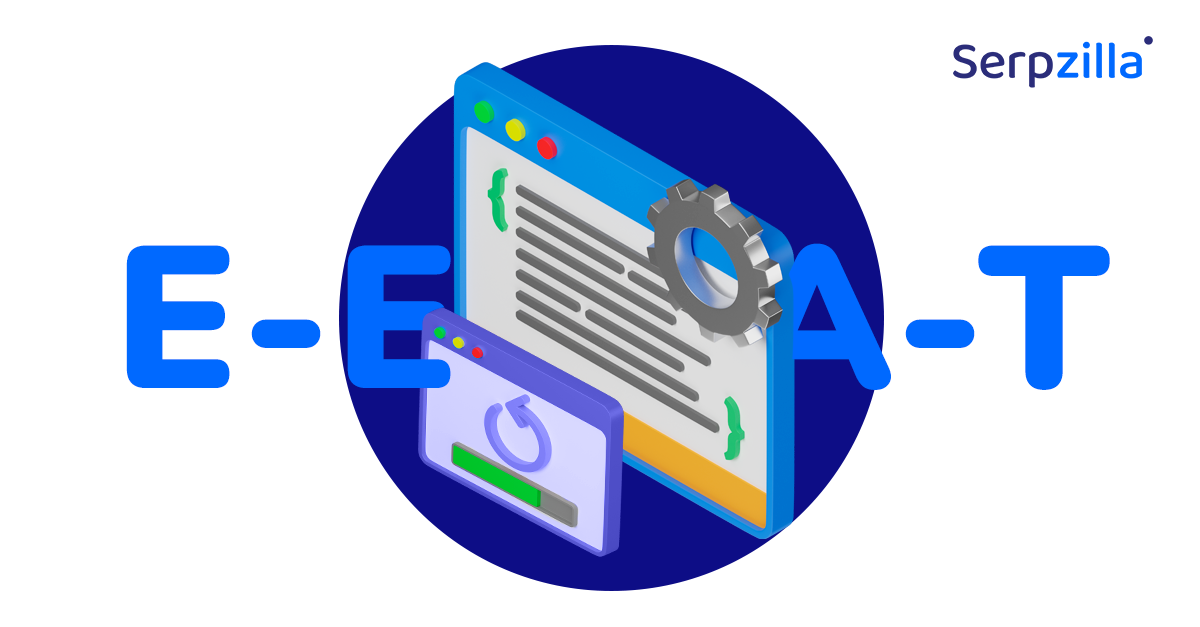Local link building is a strategy that SEO marketers employ when they need to promote a business that caters to a geographically limited region and depends on offline sales.
It has its own specifics, as you need to target an audience near you. This impacts pretty much every link building aspect, from selecting donor sites to using a particular set of anchors.
But thinking that local link building only benefits from local audiences or local donors would be a mistake. As it often is with SEO, it is not that straightforward.
In today’s article, we will be taking a closer look at local link building, tips and tools that will help you maximize the results.

Effective Local Link Building Strategies
As you can see from the stats above, the share of local searches is huge, so it is vital for any business that has an offline base and relies on local buyers to invest into local link building. Let’s analyze some of the best-working strategies.
Make the Most of your Google My Business Profile
Google My Business is a powerful tool for local SEO. It is also free, so it would be a huge mistake not to take every advantage of what it offers.
For instance, according to SEO specialists, surveyed by Whitespark, the most significant ranking factors on Google’s local pack include the primary Google Business Profile category, keywords in the Google Business Profile title, the proximity of address to the point of search.
You have to make sure that you have a complete GMB profile with all descriptions and information optimized for meaningful keywords. Do not neglect optional GMB categories as they also bring in some good ranking score points.
Google My Business offers quite a few opportunities to improve your listing, so make sure you check them all:
- Showcase your business with images and videos to attract more customers.
- Share news, promotions, events, and other updates directly on your GMB profile. It will prove that your business is up and running and engage customers.
- Add a link to your website! It’s a valuable backlink
- Include any additional links such as your business’s social media.
- For many businesses, it is possible to fill out specific sections, such as menu, if you’re a HoReCa business, or list of services. Make sure you do it if it applies to you.
- Enable direct messaging so that your customers could interact with you immediately once they have found your GMB profile without having to make those few extra clicks to your website or social media pages.
Get Listed in Local Business Directories
Local business directories are widely popular among customers as they aggregate all information in one place. They also usually have ratings, comparisons, reviews, editorial articles and ‘best’ lists, which greatly help customers to make a choice when information is too abundant.
They can be widely generic, such as Google Maps or Apple Maps, Facebook or Instagram, location-oriented such as TripAdvisor and Foursquare, as well as niche-oriented like Houzz or FindLaw.
It is definitely worth your while to check as many of them as possible. Here are some advantages of using local business directories:
- Most of them have very high domain authority and massive traffic
- Most of them are free to use but also have paid promotional options you can capitalize
- They have options that will boost your visibility and rankings, such as reviews
- Many regularly create various review lists, round-ups and ‘top best’ lists which will give you an additional backlink if you manage to get on one, and a huge recommendation perk.
- Many provide opportunities for user-generated content which also can get you a number of organic backlinks and good referral traffic.
Local Partnerships: Local media, Influencers, Event Sponsoring, Charities, Partnering with Schools and Universities
Although this type of link building is on the expensive side sometimes, especially when it comes to sponsorship, the payoff can be really great. This type of local partnership works great if you want to establish yourself as a valued, well-known and respected member of the local community.
Shopping locally and supporting local vendors has been one of the most cherished values for many communities, so, when partnering with locals, you will be working with a very receptive audience.
What can you do:
- Create news-worthy events and pitch them to local news and media outlets. They tend to have high DA sites even if they’re on the smaller side, and a high level of local audience trust. Also, even though these links are time-stamped, they tend to stay evergreen.
- Partner with local influencer blogs. This could be as cheap as offering a freebie in exchange for an unpacking video with a backlink or a review. Local influencers who blog about places, events and their experiences in your area are a gold mine. They usually have a smaller, but very engaged and loyal following and will be happy to showcase your place.
- Sponsor local events and charities. Although it may not have a huge ROI, it is always excellent PR. And good PR always pays off in the long run. A reputation of someone who’s willing to support local initiatives and take part in a community life is a valuable perk. Often, it can be a decisive factor why people would choose you over your competition.
- Partner with schools and universities. You can offer internship programs, offer student discounts, and sponsor their events. A backlink from an .edu domain is as valuable in your backlink profile as it gets. Besides, such partnership allow you to tap into the parent and student community who are usually a tight-knit loyal group tending to support their own. So, counting as one of their own matters a lot.
Local SEO Doesn’t Always Have to Be Strictly Local
As paradoxical as it sounds, it is true. If you are a business in a touristy destination it is actually a vital aspect of your SEO. But not only in this case.
People all over the world love learning about the way of life in other locations. It may not bring you customers directly, but it can drive huge amounts of international traffic. Being known internationally always converts into an improved local reputation.
Example: a traditional small hotel in rural France runs a blog about renovation of their premises that used to be a medieval castle. They post renovation vlogs that are viewed by millions of people world-wide and have run a successful Gofundme campaign to get renovation funds. Most of the donations were made by people who aren’t from the area. As a result of their international coverage and visibility, locals have started treating the business as a local asset and highlight and people from remote locations started to come over to stay and dine.
What you can do:
- Find aspects of your business processes that can be interesting regardless of your location, create and market content. Various how-tos, tutorials, videos and articles about local specialties can help you attract a broader audience.
- Get listed in various directories that aim at remote and international visitors. It is especially important if you are in a touristy location. Keep in mind that most people research the place they go to before their travel and usually already have a list of places in mind they want to visit. Your job is to get on as man of those mental lists as possible.
- Engage with travel bloggers from all over who travel the world and then write about their experiences for their local audiences. Getting featured in this kind of travel notes is a good backlink and also a good recommendation for their followers.
Using Local Keywords and Anchor Text for Maximum Impact
Incorporating location-specific keywords in your anchor text and content is crucial for local link building. This will help you to signal relevance to search engines and improve your chances of ranking in local search results.
What you can do:
- Use keywords that include your city, neighborhood, or region (e.g., “plumber in Chicago” or “best cafes in Brooklyn”).
- When creating backlinks, ensure that the anchor text is relevant and location-specific rather than generic (e.g., “Chicago HVAC services” instead of just “click here”).
- Combine local keywords with long-tail phrases for higher search intent (e.g., “affordable daycare in Los Angeles”).
- Do not opt for keywords like ‘local’ or ‘near me’, ‘in my area’, instead use the exact geographical names. Google reads the IP address of the searcher and immediately offers only local results for such queries regardless of where the search originages from.
Tools for Local Link Building
Now, let’s talk about tools which can help you streamline your local link building.
- Serpzilla
Serpzilla offers a wide variety of tools if you want to get backlinks that drive local traffic.
We have a link search system that provides for a lot of fine tuning so that you can run a very comprehensive search that matches your very specific input.
You can:
- Get a detailed local rank tracking and competitive analysis
- Create local pools of link building prospects
- Filter prospects by a number of regional factors such as domain zone and language.
- Search and create collections of guest blogs for local SEO
- Run and monitor local outreach campaigns
- Search for link building prospects that can be valid for increasing your international visibility if you want to attract tourists as well
BrightLocal
BrightLocal is a comprehensive tool designed specifically for managing and improving your local SEO efforts.
With BrightLocal, you can:
- Track your local rankings on Google, Bing, and Yahoo for specific keywords and locations.
- Audit and clean up your local citations to ensure consistent NAP (Name, Address, Phone number) data across directories.
- Monitor and respond to customer reviews across multiple platforms from one dashboard.
- Discover citation opportunities and track your competitors’ citations to stay ahead.
- Generate white-label local SEO reports to share with clients or team members.
Whitespark
A tool which helps you to get your local search results in order.
With Whitespark, you can:
- Perform local citation audits to identify errors and inconsistencies in existing listings.
- Use the Local Rank Tracker to monitor your performance in specific cities and zip codes.
- Find local link opportunities through their Link Prospector tool, which identifies potential partners like bloggers, event sponsors, and local media.
- Access tools to build, manage, and update local citations efficiently.
- Analyze your competitors’ local SEO strategies to identify and replicate their successes.
SEMrush
Although widely considered as an overall SEO performance analysis staple, SEMrush offers quite a few things for local SEO specifically.
With SEMrush, you can:
- Conduct in-depth keyword research to identify high-impact local search terms.
- Use the Listing Management Tool to ensure your business details are consistent across all major directories.
- Analyze your competitors’ local SEO performance, including their backlink profile and keyword rankings.
- Access the Position Tracking tool to monitor your website’s local search visibility across multiple locations.
- Use Map Rank Tracker to analyze your rankings in Google Maps
Conclusion:
Local traffic comprises a huge share of search engine traffic today. That is why if your business is geographically tight, it is vital to SEO-optimize with local link building as a primary focus. Following these tips, you can make your local SEO an asset and capitalize on all of its opportunities without wasting valuable resources.







